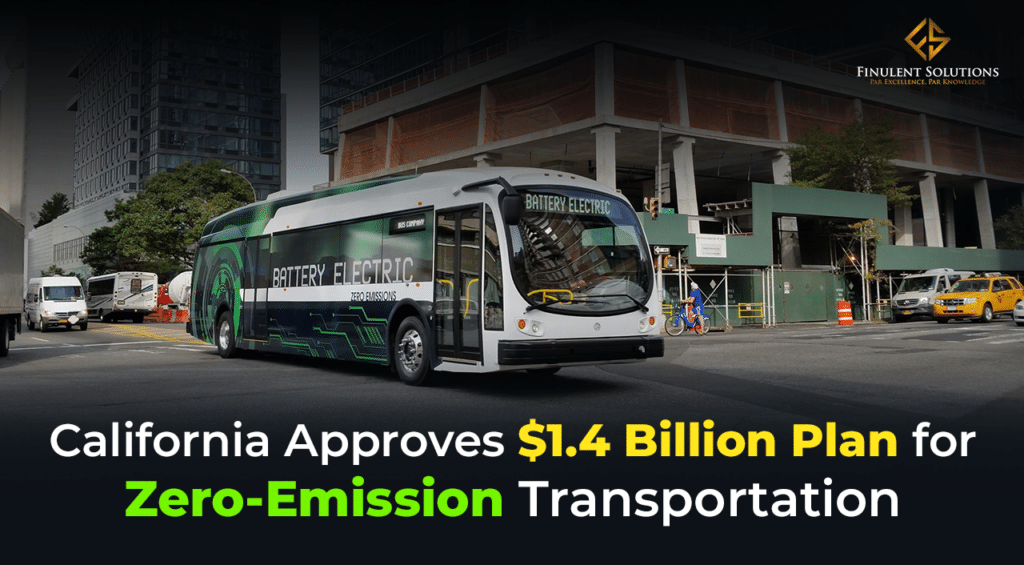The California Energy Commission has approved an investment plan totaling $1.4 billion to expand California into zero-emission transportation in the future, which includes electric vehicles and hydrogen vehicle infrastructure. The plan aims to deploy around 17,000 new EV charging stations and hydrogen refueling sites through competitive grants within four years
California currently houses around 152,000 public and shared private chargers; the CEC estimates that figure will grow to 250,000 in the near future to meet the half a million private home chargers installed across the state.
“This investment reiterates California’s commitment to funding zero-emission refueling infrastructure,” said Commissioner Patty Monahan, lead commissioner for transportation at the CEC. She noted the plan focuses on clean air benefits in low-income and disadvantaged communities, which are hit especially hard by pollution.
The initiative is part of the $48 billion climate budget that California has put up, with more than $10 billion allocated for zero-emission vehicles and infrastructure. More so, it has secured billions in federal support for clean transportation courtesy of the Biden-Harris Administration.
At least 50% of the new investment will be directed toward “Priority Populations,” defined as those living in communities disproportionately impacted by high pollution levels and lacking resources to transition to low-carbon solutions. “Building chargers in every corner of California—with a focus on historically underserved neighborhoods—is critical to our clean car future,” said Governor Gavin Newsom. “With this investment and through continued private sector collaboration, we’re well on our way to a robust and reliable vehicle charging network.”
In the Land of Opportunity, EV sales keep growing, in part due to federal purchase incentives. The future of federal EV tax credits is still unclear; however, the Alliance for Automotive Innovation has encouraged Congress to extend those incentives. In response, Newsom vowed to reinstate California’s Clean Vehicle Rebate Program, which incentivized purchasing and leasing more than 594,000 vehicles before it was phased out last year.
During the third quarter of 2024, EVs made up nearly 9 percent of total light-duty vehicle sales in the U.S., according to the U.S. Energy Information Administration. California, once again, through its latest investment, underpins its position as the leader toward the transition of the transport fleet to clean and sustainable options.
Source: automotivedive

